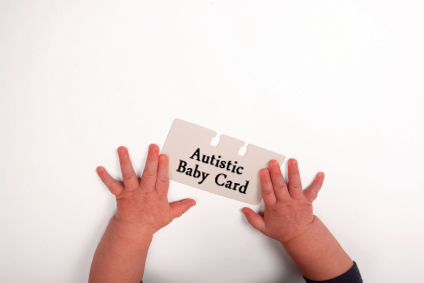One of the greatest of the many ironies of homebirth advocacy is the way that homebirth advocates have become exactly what they claim to despise.
The same people who tout The Business of Being Born apparently don’t notice the business of being born at home, involving a small army of service providers who charge hundreds or thousands of dollars (placenta encapsulation specialist, anyone?). The same people who write books about putting childbirth ahead of the corporate bottom line, charge money for those books, money that is being used to improve the bottom line of the corporation that published the book and the author who wrote it.
But perhaps the biggest irony of all is the way that homebirth advocates use fear to manipulate women. I’ve written before about the central role that promoting fear of doctors plays in natural childbirth and homebirth advocacy.
The message, integral to natural childbirth advocacy is clear: Obstetricians can’t help women because their technology is useless (except in the rarest of circumstances). Obstetricians don’t want to help women; they want to make money, show off, and get to their golf games as quickly as possible. In fact, obstetricians actually want to HURT women by imposing their fancy technologies to ruin otherwise perfect labors simply so that they can apply even more technology. And (this is the big finish), the only way you can prevent obstetricians from victimizing you, hurting you and profiting from you is … to buy our NCB products!
The ultimate expression of fear mongering is the way that natural childbirth and homebirth advocates play the autistic baby card.
That’s right; the same people who wail and gnash their teeth over obstetricians “playing the dead baby card” copy them faithfully with only one exception. Despite the derision of natural childbirth and homebirth advocates, a dead baby is real possibility in every pregnancy. In contrast, autism due to vaccination, ultrasound, pitocin, etc. is merely a figment of their imaginations.
Google the phrase “dead baby card” and you get more than 25,000 results, almost all of which are natural childbirth and homebirth websites. And what is the “dead baby card”? It’s the NCB and homebirth advocates’ sneering dismissal of interventions that reduce the risk of perinatal death. When an obstetrician tells a woman that breech increases the risk of death during vaginal delivery, advocates insist that the doctor is playing the “dead baby card” and proceed to offer anecdotes of women whose babies were fine after being delivered vaginally from the breech position. When obstetricians warn women about the risk of neonatal death from Group B strep sepsis, advocates offer advice to skip the test, stick garlic into your vagina, and, of course, anecdotes about women who tested positive for GBS and whose babies didn’t die of sepsis. And when obstetricians point out that prolonged labor is a risk factor for poor outcomes, advocates whip out stories about women who pushed for 9 hours and whose baby survived the experience.
Yet these same advocates have absolutely no problem expounding the most fanciful theories about interventions in childbirth. Australian midwife Hannah Dahlen is currently flogging the absurd claim that C-sections alter infant DNA. Killer “midwife” Gloria Lemay routinely ejaculates claims that pitocin causes autism. Wootastic journalist Jennifer Margulis is currently peddling her hope claim that prenatal ultrasound causes autism. A post on a chiropractic website hits all the high points, insinuating an autism connection with ultrasound, mercury in pregnancy, Rhogam, flu shots, dental fillings, induction, epidural, restricted maternal position, forceps, vacuum, C-sections, and umbilical cord clamping.
Is there any evidence for these claims? No, there’s none, zip, zero, nada, but that doesn’t stop natural childbirth and homebirth advocates from wielding the “autistic baby card.”
The ultimate irony is that natural childbirth and homebirth advocates have become everything they claim to despise. They make millions of dollars peddling “natural” goods and services (Hyno-babies, anyone?). They create and fund lobbying groups whose only purpose is to increase the income potential of homebirth midwives. They engage in fear mongering of the worst kind promoting fears of doctors, hospital, and childbirth interventions (except those that can be done by homebirth midwives).Perhaps most despicable of all, they routinely play the completely fabricated “autistic baby card” and utterly fail to see the irony.


